Stepping into the Flow
12-Steps from Recovery to Rediscovery for
Folks Dealing with Addiction.
Another way to Step (Part One of Two).
Take a SLOW SCROLL with me to see where I am going with this.
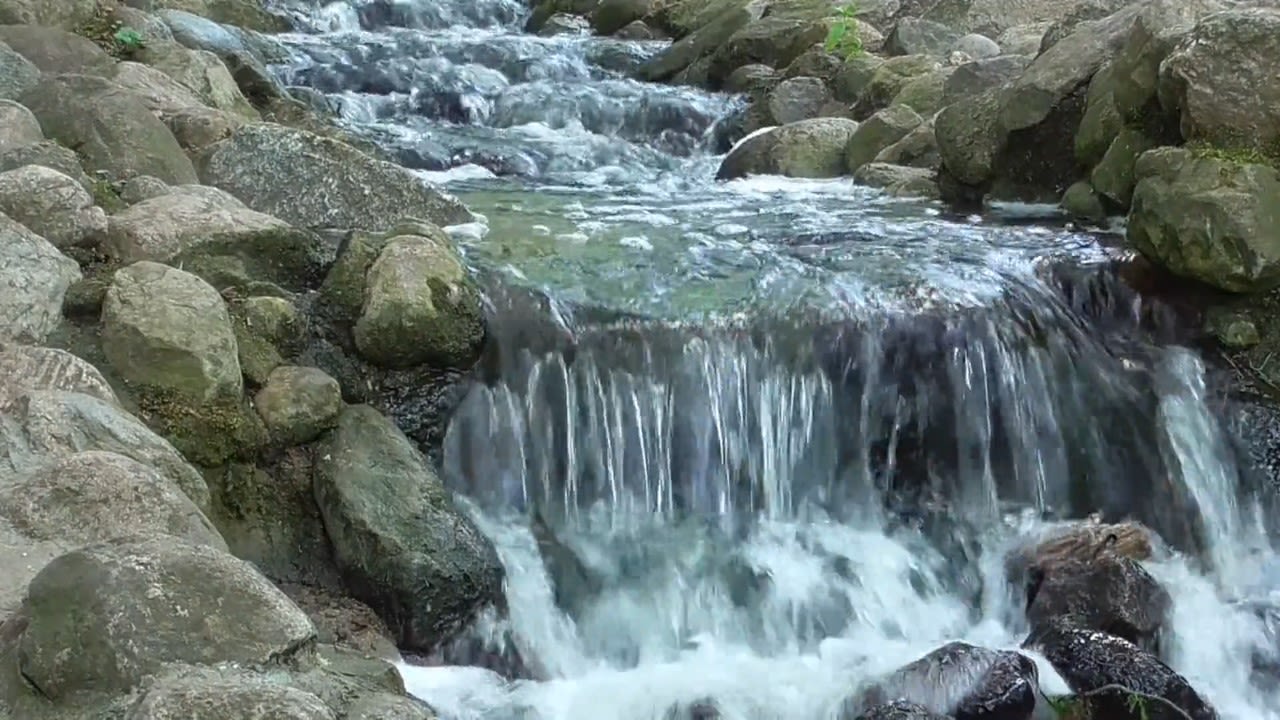
"We admitted that we were powerless over our addiction and that our lives had become unmanageable." — Step One

POWERLESS : We are powerless when a driving force in our life is beyond our control. We have come to the conclusion that our addiction is an uncontrollable driving force in our life. It drives us to places we don't want to go. We find that we cannot control our drug use or other behaviors, even when they are causing us to lose the things that matter the most to us. We cannot stop, even when we know that this stuff will surely cause physical harm that we might not be able to repair or make right again. We find ourselves doing things that we would never do if it weren't for our addiction; things that make us feel deep shame when we think of them.
BRAVERY: You are brave enough to stare at an honest reflection of yourself and not turn away. What you saw was a person who was unable to control the direction your life.

"We came to believe that a Power greater than ourselves could restore us to sanity." — Step Two

POWER GREATER THAN ME!
Folks with addiction tend to want everything to happen instantly. But it's important to remember that Step Two is the doorway to a process and not an event. We don't just wake up one day and think that a Power greater than ourselves will restore us to sanity by healing our addiction brain condition. We must have faith that this Power will fuel this process. Surely a Power that can keep the earth spinning and traveling through space can help little old me. Finally, we don't just sit back and wait for this faith to grow on its own; we must help it along.
Another way to view the Higher Power is to think of and appreciate someone or something being greater than yourself. From your view, it could be GOD of religious and spiritual nature; it could be a support group; it could be Mother Nature....The Higher Power just has to be something greater than you that you respect. This gets you away from being self-centered and keeps you open to feedback that you trust. During this journey, most of us need this feedback and a sense of the right direction.


"We made a decision to turn our will and our lives over to the care of GOD as we understood GOD to be."
— Step Three

Good - Orderly - Direction (aka, G-O-D)
We have to settle on what we think "G O D" means in our lives. This understanding doesn't have to be complex or complete or like anyone else's. However, we do have to admit that things seem go and work better when they are going in a Good Orderly Direction. If you see G - O - D, this is not a coincidence. G - O - D is what drives our universe down to the smallest detail. Wherever we look, we see Good Orderly Direction as being the natural tendency and natural order of life and things around us.
At this Step of our journey, we commit to surrendering our will to G - O - D... This surrender is an active process. What I mean by this is that we start to practice flexing our will (like folks flex their muscles) by stepping and acting within the flow of Good Orderly Direction. By now, we all have a good sense of the difference between good and bad.
This commitment to surrender your will to G - O - D is the key that opens the door to the process that takes you through the last 9 Steps. If you don't make this commitment, you will be locked out and only able to take peeks from time to time.
SO UNLOCK THE DOOR!
STEP ON AND GO WITH THE FLOW OF G - O - D !


"We made a searching and fearless moral inventory of ourselves."
— Step Four

The Fourth Step is the pathway for learning some deep stuff about ourselves. This Step is about finding out about what we have brought to the table of humanity (also called character assets) to share and figuring out the very nature of how we have done wrong to humanity. So what I am saying is that we don't spend all our time on this Step just focusing on the exact nature of our wrongs.
When performing any inventory (like in a store or business), we are basically checking on what we have that should be kept, what we have to throw away, and what we don't have that should be ordered for our life or even kept off the shelves of our lives.
The Fourth Step inventory process is an avenue to freedom. We have been kept from being free by certain things in our lives for much too long—(for some of us, all our lives). Many of us have discovered, as we worked the Fourth Step, that our problems didn't begin the first time we took drugs, but long before, when the seeds of our addiction were actually planted.
We may have felt isolated and different from other folks long before we took drugs. In fact, the way we felt and the forces that drove us any which way but loose are completely weaved (or 'woven' for correct English sake) into our addiction; it was our desire to change the way we felt and to suppress or even bury those forces that led us to take our first drugs and other substances and then again and again.
Our fearless inventory will expose and lay open (like an open and painful sore) unresolved pain and conflicts in our past and in our lives so that we are no longer at their mercy. We are no longer at their mercy being that we are willing to face them without running away and hiding. DO YOU KNOW WHAT I AM SAYING? We'll have a choice to face them or run away. This choice is the freedom that I am talking about.


We probably understand what "searching" means, but what about "fearless"? How can we get over all our fear? That might take years (who knows?); but we need to get busy working on this inventory. Taking a fearless inventory means going ahead despite our fear at looking at stuff in our lives that was the result of things we did in our lives. It means having the courage to take this action no matter how we feel about it. It means having the courage to be honest, even when we are unsettled inside (even cringing inside) and swearing (and I don't mean cursing) that we will take what we wrote to the grave. It means having the determination to do a good job at this, even when it seems that we have written down enough. YEAH, YOU ARE WRITING STUFF DOWN. How else are you going to remember all this stuff?
It means having the faith to trust this process and trust that our Good Orderly Direction will place inside us the qualities we need to walk the walk of this process. I KID YOU NOT! This step involves a lot of work. But we can take heart from the fact that there is no deadline on completing this step. We can do it in small deep steps BUT WE MUST KEEP MOVING! a little at a time, until we are done. Maybe, we are never done. The only thing that's important is that we keep working on it.
Many of us have a bunch of unpleasant associations connected to the word "moral." It may bring up memories (like vomit) of an overly rigid code of behavior we were expected to adhere to. It may make us think of people we consider "moral"; people we think of as being better than ourselves. Hearing this word may also awaken our tendency toward rebellion against society's morals (and norms) and our resentment of authorities who were never satisfied with our own sense of morality. Whether any of this is true for us, as individuals, is a matter to be determined by us, as individuals.
So basically, a moral inventory is something we create to discover our own individual sense of morality, our own values and principles; kind of what we have done for, done to, or how we have done in humanity. We don't have to relate them in any way to the values and principles of others. They have to account for their own actions, principles, and values.
AND THAT'S ALL I HAVE TO SAY ABOUT THAT!


"We admitted to the Higher Power, to ourselves, and to another human being the exact nature of our wrongs." — Step Five
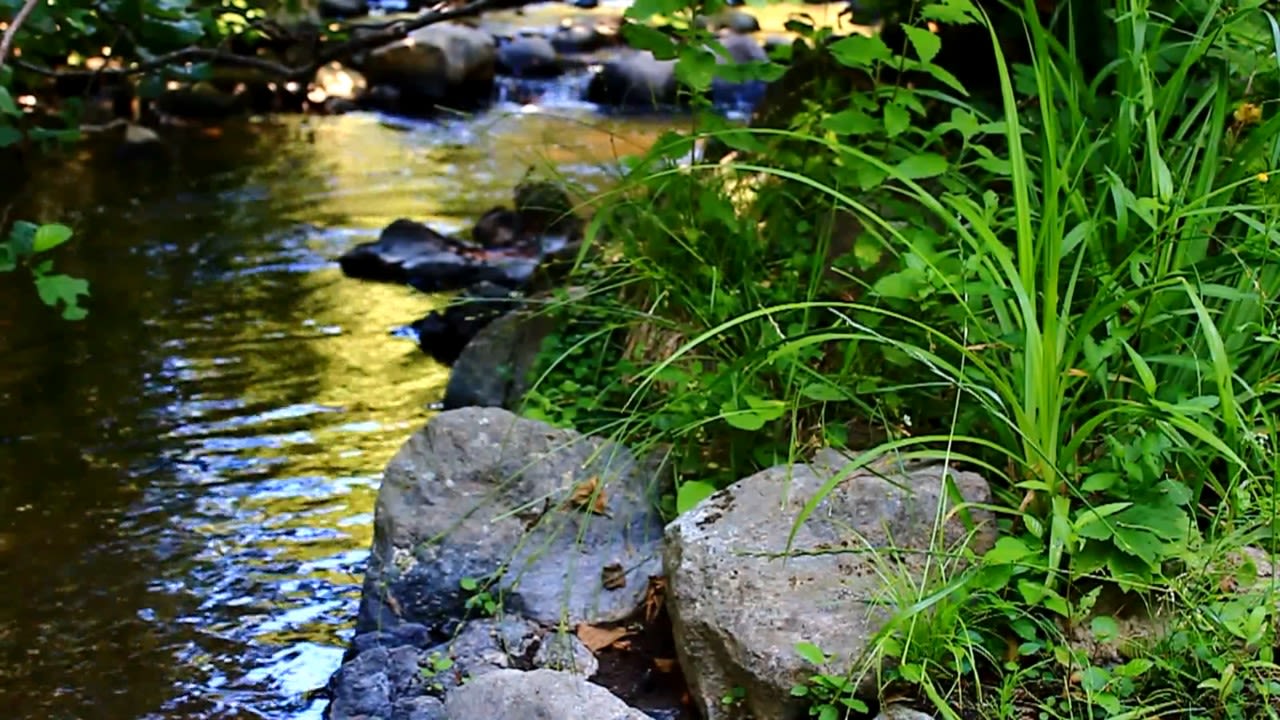
It's the admission we make—to the Higher Power that defines Good Orderly Direction, to ourselves, and to another human being (certainly not a stranger)—that brings about the spiritual growth connected with this step. We have had some experience with making admissions already. We have admitted that we have a disease; we've admitted that we need help; we've admitted that there is a Higher Power that could help us. Drawing on our experience with these admissions will help us in Step Five.
Many of us finished our Fourth Step with a sense of relief, thinking that the really hard part was over. Well not so fast! The Fifth Step will take its toll on us as well, because now it gets real personal. That's when the fear set in.
Some of us were afraid that we would be rejected or be judged. We may have been concerned about what the inventory might reveal. There might be something hidden from us that would be spotted immediately—and it probably wouldn't be anything good. Some of us were afraid of having to re-feel old feelings, and wondered if there was really any benefit to stirring up the past. Some of us felt that as long as we hadn't actually spoken our inventories out loud, the contents wouldn't be quite real.
For folks with addiction, one of the biggest problems we have is telling the difference between our responsibility and the responsibilities of others. We blame ourselves for catastrophes over which we have no control. On the other side of that coin, we are often in complete denial about how we have hurt ourselves and others. We over dramatize minor troubles, and we shrug off major problems we really should be taking a look at. If we are not sure what the exact nature of our wrongs is when we begin our Fifth Step, we'll know by the time we finish— because of making our admissions to another human being. What we can't see, our listener can, and he or she will help us sort out what we need to accept as our responsibility and what we don't.

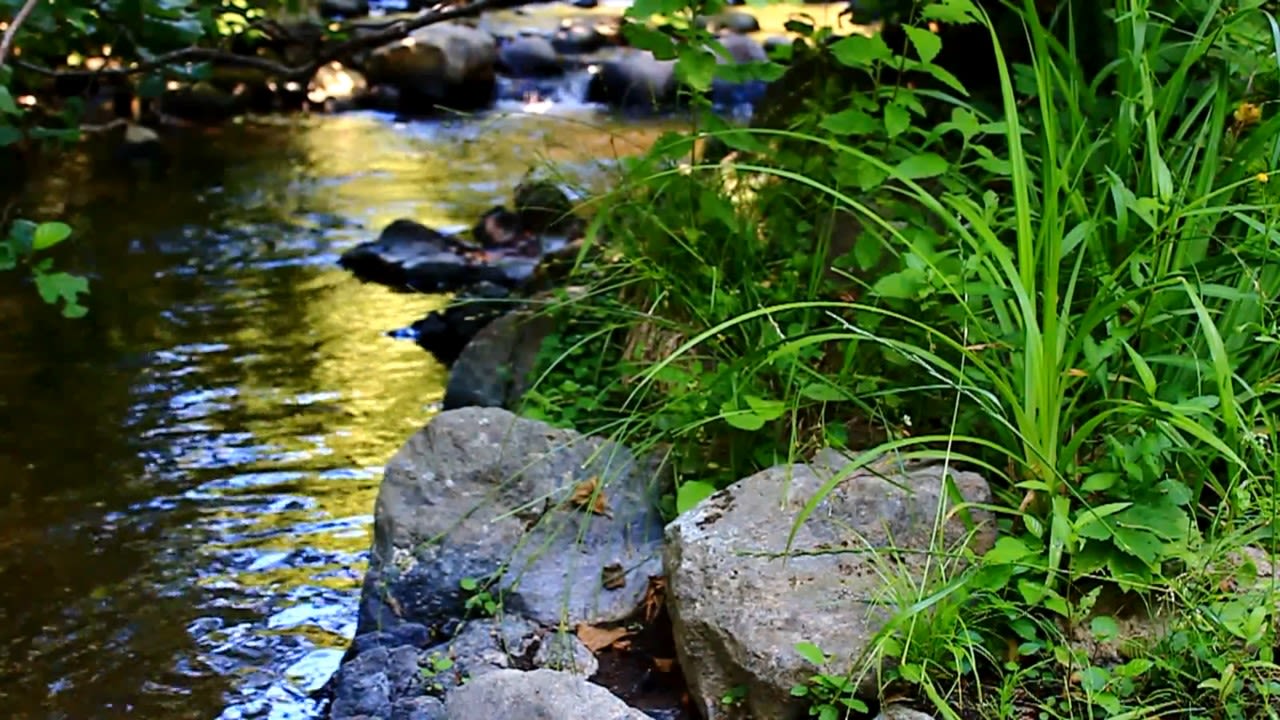
"We were entirely ready to have the Higher Power remove all these defects of character." — Step Six
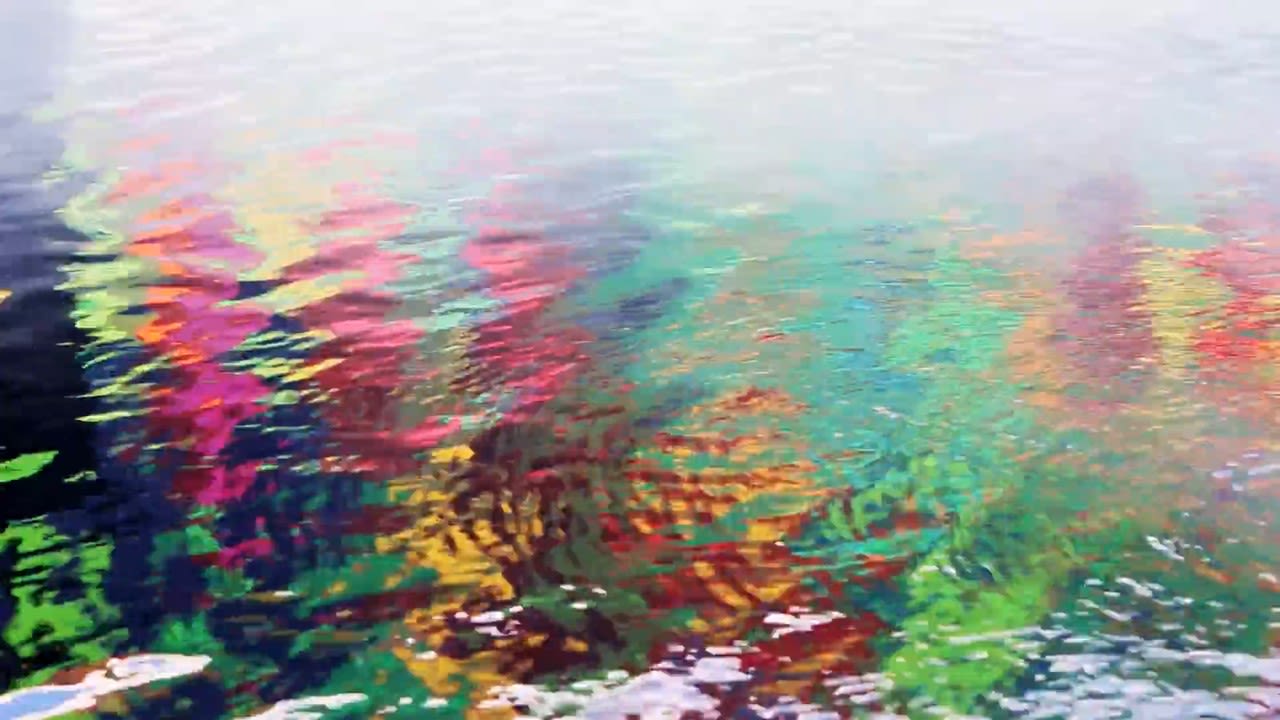
We begin working Step Six full of a sense of hope that has managed to creep inside us, while we were climbing the first five steps. If we have done a decent job with those steps, we have picked up a lot of humility in these efforts. In Step Six, "humility" means that we are able to see ourselves more clearly and even more bravely. We've seen the exact nature of our wrongs. We have seen how we have harmed ourselves and others by acting on behalf of our addiction brain condition and the defects of character it has caused.
We have seen the repeating patterns of our behavior (or tendencies), and we have come to understand how we are likely to act on the same defects over and over. Now we have to become entirely ready to have our defects of character removed. Becoming entirely ready won't happen in an instant. It's a long process,often taking place over the course of a whole lifetime. Immediately following an inventory, we may feel very ready indeed to have our defects removed.
At this point, I want you to think of a nice stream of water. You are on the edge of that stream. You see that it is deep enough for you to jump in and but not so deep that you will drown. The stream has a gentle and constant flow that is strong enough to carry you with it. You can see big rocks all up and down the stream. You have tested the water with your hand and you find that the water won't be a shock to your body if you jump in. You have made up your mind that you are going to jump in. You also see that there is a rope in the stream that you can hold on to keep you in the stream and not be forced back to the shore.
Finally, you are told from the experience of others, who you trust, that the stream will carry you in the right direction; namely upstream. And you happen to be wanting to go upstream.

"We humbly asked the Higher Power to remove our shortcomings."
— Step Seven
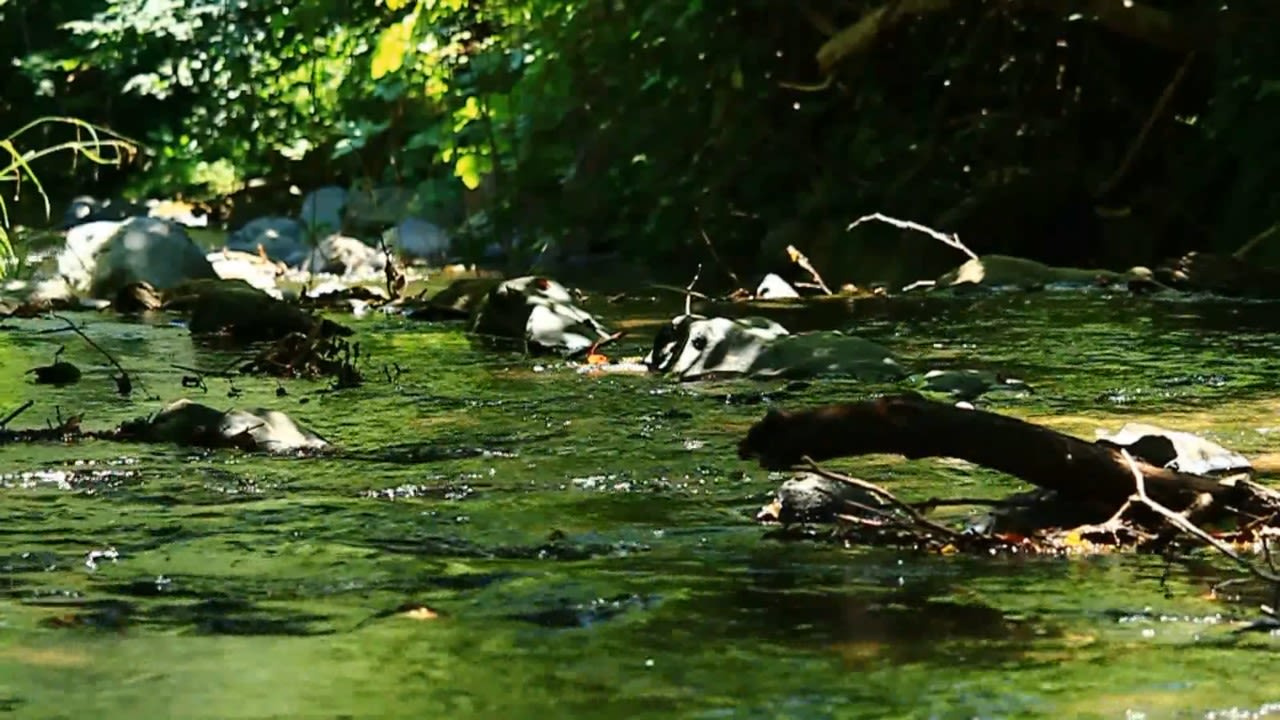
In the Seventh Step, we focus on surrender, trust, faith, patience, and humility. In the Seventh Step, we take our surrender to a deeper level. What began in Step One with an acknowledgment of our addiction now includes an acknowledgment of the defects and shortcomings that go along with our addiction. We also take our Second Step surrender to a deeper level. We come to believe that the Higher Power can do more than just help us stay clean. We look to the Higher Power to relieve us of our shortcomings as well. As time goes by, we place more and more of our trust in the Higher Power and in the process of recovery.
The spiritual principles of trust and faith are central to the Seventh Step. We have to believe that the Higher Power is going to do something to our defects and shortcomings - otherwise, how can we ask with any faith that this can be done or WILL BE DONE?
We must avoid any tendency to keep score of how we think the Higher Power is doing in removing our defects. Who are we to grade the Higher Power?Instead, we should focus on the actions we must take in this step: humbly asking, practicing spiritual principles, and getting out of G-O-D's way. The results of the Seventh Step will take time to become part of your reality and your mindset.
So at this point of your pleasant slow scroll with me, I want you to do something: JUMP INTO THE STREAM!
PLEASE JUMP INTO THE STREAM! The water is fine.
Trust me (I am a doctor). The stream is going in a Good Orderly Direction.
Don't worry about your defects and shortcomings. The force of the stream will carry and you and you will experience how the stream of G-O-D washes those defects and shortcomings away. Those defects and shortcomings will be like dirt being washed away.
Go with the flow of G-O-D! ... Good Orderly Direction.
Being in the flow very simply means that with every decision you begin to make, you think of the good it will cause for others and you. You are surrendering yourself to G-O-D in all your actions, decisions, and how you treat your fellow man and woman. YELP! That's it! The key to RECOVERY & REDISCOVERY is LET GO AND LET G-O-D work in your life!

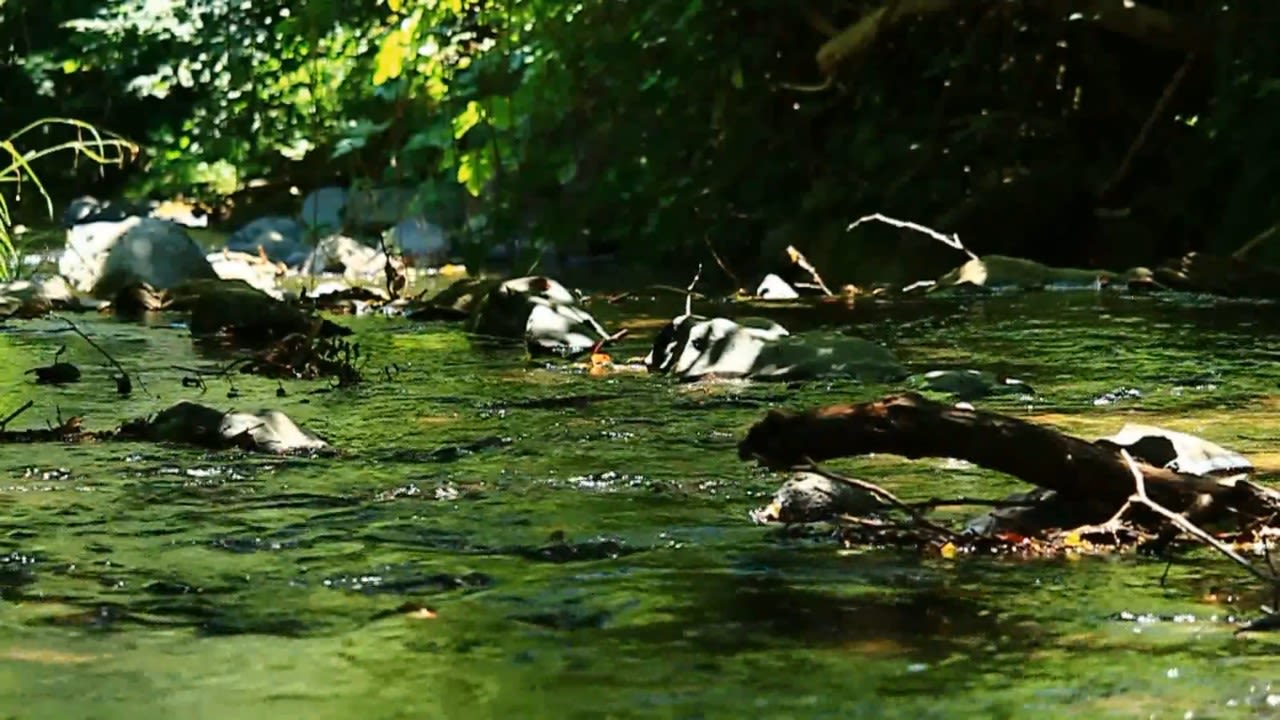
HOPE is the rope that you hold onto to keep you in the flow of G-O-D. The stream can be rocky. Hope can often be the only thing that keeps you headed in the right direction. GIVE HOPE A CHANCE!
PERSEVERANCE is the grip you have on that rope of HOPE. How long you cling to hope defines your perseverance.
FAITH in G-O-D is the strength of your grip on the rope of HOPE. The stronger your faith, the longer your hope survives and you persevere.
As you enjoy more and more of the fruit of your journey of recovery and rediscovery in the stream of G-O-D, your grip becomes stronger. You become excited because you are becoming more and more confident that indeed the stream of G-O-D is taking you in the right direction towards the ME YOU WANT TO BE.
If you stay in the flow long enough (I can't tell you how long), with your HOPE, PERSEVERANCE, and FAITH, at some crazy point, you will find yourself letting go of the rope. You know how to swim. You know how to deal with the rocks. You look around and joyously say "LOOK MOM, NO HANDS!" You are one with G-O-D. You are free! Free flowing!
With surrender comes freedom. Freedom from the control that your defects and shortcomings had over you. Surrendering to anything to get any type of freedom is a paradox (the opposite of what you would expect).

Keep it simple and JUST DO THE NEXT RIGHT THING. In doing so, you will build and strengthen your flow. The hypnotic rhythm will get strong; and the stronger it gets, the harder it will be to do negative things. Kind of like a train and how it gathers momentum to keep it rolling and becomes very difficult to change direction. To suddenly change direction will cause the train to fall off the tracks and crash.

"We made a list of all persons we had harmed, and became willing to make amends to them all." — Step Eight

As you increasingly feel the steady flow of peace in your life, people you know start popping in your head. People that you have harmed and people you owe a debt of gratitude and thanks. Some may be the same people.
Your heart will naturally tug you toward these special people. You will feel compelled to express yourself to them, one way or another. You seek forgiveness. You don't demand it. You feel like you want to give each of them a big warm hug or a firm honest handshake.
As you get back into your personal stream, folks who have wronged you will also start coming to the surface of your mind. Thoughts of these people will disturb your peace. Please allow your stream to wash away your bitterness. This is the way of true forgiveness. It will set you free!
Think about the fact that the harm has been done. It's over! If we don't forgive, which is not the same as 'forgetting', the harm will keep on having a negative effect and influence on us and have its way on our peace and on our lives.
You want to be free and shed the bitterness of the memory of the harm from your heart. It is just a mere memory; nothing more.

Go with the flow of Good - Orderly - Direction (G-O-D)
Click the play button for the sound of going with the flow. I hope this slow scroll, thus far, with me was worth your effort. Please continue by clicking below for the second and last part of this scroll.
CLICK HERE FOR PART TWO OF THIS SCROLL
CLICK HERE TO RETURN TO O-A-T-H WEBSITE
Prepared by Walter Clark, MD, MSHCM, certified in Addiction Medicine & Internal Medicine.


